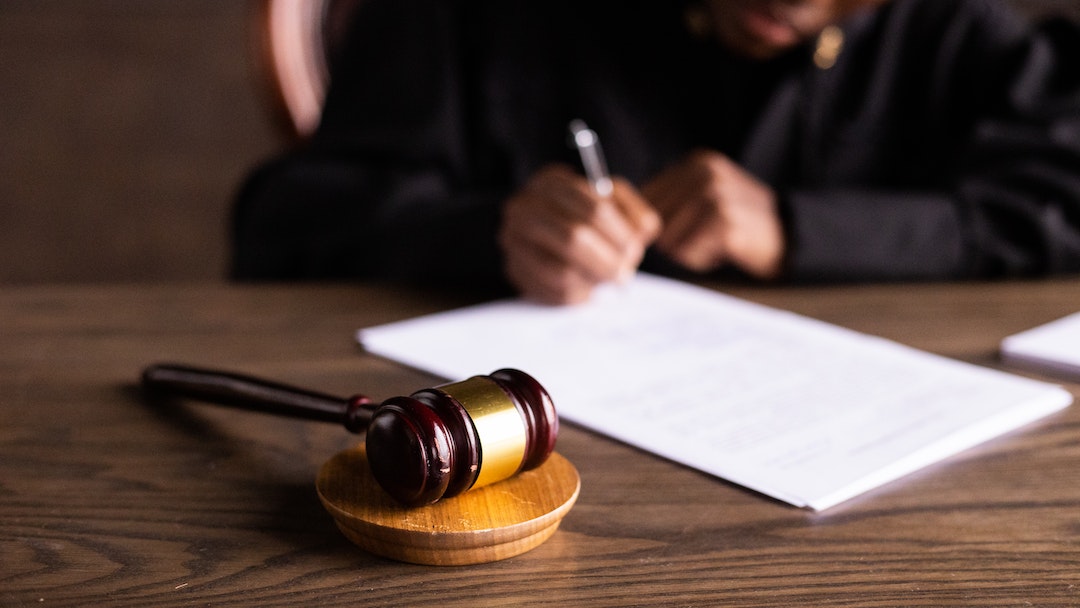Michigan Rules 901-903 - Evidence Authentication Ever wondered how that document or recording made its way into a Michigan courtroom? The answer lies in Michigan Rules of Evidence 901 to 903, which govern the crucial step of authenticating evidence. This article...

Evidence in Michigan Courts: Rule 601-615 Witnesses
Navigating the Witness Box: A Look at Michigan Rules of Evidence 601-615
In the courtroom, witness testimony plays a crucial role in unveiling the truth and determining the outcome of a case.
However, not everyone can simply walk into the courtroom and take the stand.
Michigan Rules of Evidence 601-615 establish a framework for determining who can testify, what they can say, and how their testimony is presented. This article delves into these rules, providing a factual overview based on the Michigan Rules of Evidence Handbook.
Have your rights been violated?
Have your driving priviledges been revoked?
Has your professional license been suspended?
Second Amendment rights taken away?
Have you been charged with a crime?
Call our office to see if we can help
Komorn Law 248-357-2550
Rule 601: Competency to Testify
This fundamental rule establishes a presumption of competency, stating that “every person is competent to be a witness.” This means that anyone, regardless of age, background, or mental capacity, can potentially take the stand. However, the rule also acknowledges exceptions. The court may find someone incompetent to testify if they lack “sufficient physical or mental capacity or sense of obligation to testify truthfully or understandably.” This determination usually involves questioning the witness and assessing their ability to perceive, recall, and communicate relevant information accurately.
Rule 602: Need for Personal Knowledge
Just because someone is competent doesn’t mean their testimony is automatically admissible. Rule 602 requires witnesses to have “personal knowledge” of the matters they are testifying about. This means they must have directly observed, heard, or experienced the events they are describing. Hearsay, or secondhand information, is generally not admissible under this rule. However, there are exceptions for certain types of hearsay evidence, such as business records or statements made under specific circumstances.
Rule 603: Oath or Affirmation
Before taking the stand, every witness must swear or affirm to tell the truth. This oath or affirmation serves to impress upon the witness the importance of their testimony and the potential consequences of lying. The form of the oath or affirmation can be adapted to accommodate the witness’s religious beliefs or cultural background.
Rule 604: Interpreter
When a witness doesn’t speak English fluently, an interpreter is needed to ensure accurate communication. Rule 604 requires interpreters to be qualified and to take an oath or affirmation to faithfully translate the witness’s testimony. The court has the discretion to appoint and supervise the interpreter to ensure fairness and accuracy.
Rule 605: Judge’s Competency as a Witness
To maintain impartiality and prevent conflicts of interest, Rule 605 prohibits the presiding judge from testifying as a witness in the same case. This applies even if the judge has relevant personal knowledge of the events in question. If the judge becomes a necessary witness, they must recuse themselves from the case.

Rule 606: Juror’s Competency as a Witness
Similar to the judge, Rule 606 restricts juror testimony in certain situations. Jurors may not testify before the other jurors during the trial, as this could influence their deliberations. Additionally, during an inquiry into the validity of a verdict or indictment, jurors are barred from testifying about their own mental processes or the deliberations of the jury. This protects the sanctity of the jury room and prevents tampering with the verdict.
Rule 610: Ruling on Hearings on Competency and Privilege
When questions arise about a witness’s competency or a claim of privilege, the court conducts a hearing outside the presence of the jury. This allows the judge to make a fair and informed ruling without influencing the jury’s perception of the witness or the evidence.
Rule 611: Mode and Order of Examining Witnesses
Rule 611 governs the manner in which witnesses are questioned. It allows each party to present their case through direct examination of their own witnesses and cross-examination of the opposing party’s witnesses. The court also has the authority to question witnesses to clarify or expand on their testimony.
Rule 612: Writing Used to Refresh Memory
Sometimes, witnesses may need to refresh their memory before or during their testimony. Rule 612 allows witnesses to use writings, such as notes, memoranda, or recordings, to recall past events. However, these writings themselves are not admissible as evidence unless they qualify under another rule.
Rule 613: Prior Statements of Witnesses
In certain circumstances, prior statements made by a witness outside of court can be used to impeach their credibility or explain inconsistencies in their testimony. Rule 613 outlines the conditions under which these prior statements can be admitted as evidence.
Rule 614: Calling and Examining Adverse Parties
This rule allows a party to call the opposing party as a witness during their own case. Additionally, it permits thorough questioning of the adverse party, even on matters that may be unfavorable to the party calling them.
Rule 615: Excluding Witnesses
To ensure fairness and prevent witnesses from tailoring their testimony to what they have heard from others,
Important:
This article provides a simplified overview of the Michigan Rules of Evidence for informational purposes only. It should not be interpreted as legal advice. When facing legal matters, always consult with a qualified attorney for professional guidance.
The Michigan Rules of Evidence are subject to change over time. Always consult the latest official version for accurate information.
Here is the link to the Michigan Rules of Evidence Handbook. Check the footer for the latest update.
Related Articles
Evidence in Michigan Courts: Rules 901-903 Authenticating Evidence
Evidence in Michigan Courts: Rule 801-807 Hearsay Evidence
Michigan Rules of Evidence 801-807 Hearsay: In the courtroom, truth-finding is paramount. Yet, not every statement offered as evidence directly reveals the truth. Enter the realm of hearsay, statements made out of court, and the complex rules governing their...
Evidence in Michigan Courts: Rule 701-707 Opinions
Opinions - Everyone's got one or two or three: A Look at Michigan Rules of Evidence 701-707 Lay Versus Expert Opinions (Rules 701 & 702) Before delving into specific rules, it's crucial to establish the fundamental distinction between lay witnesses and expert...
Evidence in Michigan Courts: Rule 601-615 Witnesses
Navigating the Witness Box: A Look at Michigan Rules of Evidence 601-615 In the courtroom, witness testimony plays a crucial role in unveiling the truth and determining the outcome of a case. However, not everyone can simply walk into the courtroom and take the stand....
More Posts






Restoring Second Amendment Rights in Michigan
Restoring Your Gun RightsAs of 4/17/24...There is still a second amendment The Second Amendment of the United States Constitution grants citizens the right to bear arms, a fundamental aspect of American freedoms. However, in some cases, just like every other right...






Oregon governor signs a bill recriminalizing drug possession
Oregon governor signs a bill recriminalizing drug possession into lawOn April 1, 2024, Oregon Governor Tina Kotek signed House Bill 4002 into law, effectively recriminalizing the possession of small amounts of certain controlled substances. This legislation marks a...
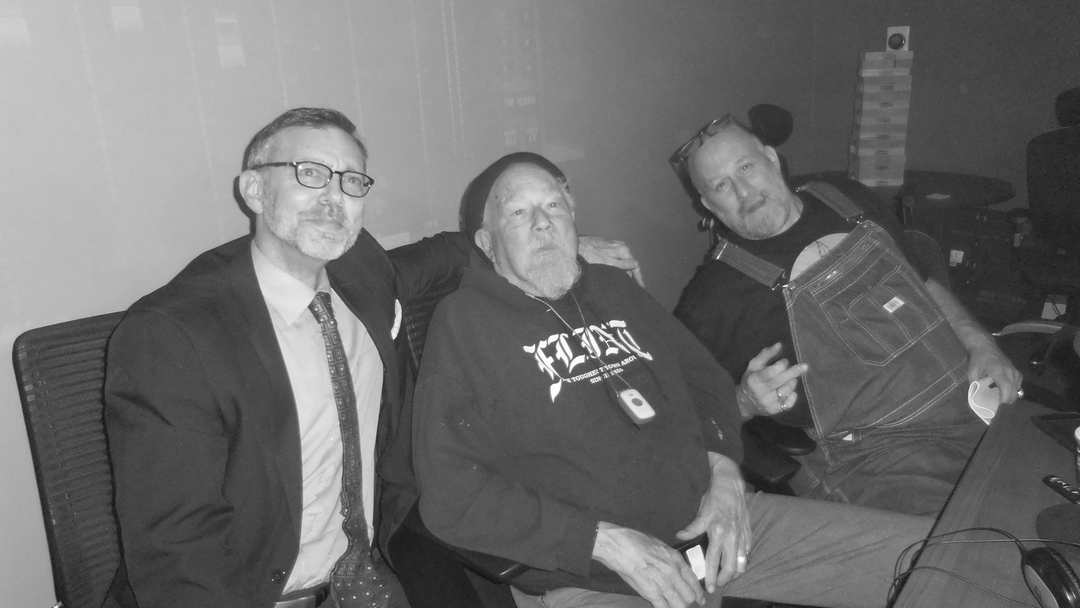





John Sinclair, the inspiration for Ann Arbor’s Hash Bash, dead at 82
John Sinclair, the poet whose imprisonment for marijuana inspired the start of Ann Arbor’s long-running annual Hash Bash in the 1970s, has died. He was 82.Sinclair's passing occurred on Tuesday, April 2, 2024, at a Detroit hospital, merely four days prior to his...






Disciplining Student’s Speech Violates First Amendment
You go girl!!!A public high school was found to have violated the First Amendment when it suspended a student from her cheerleading team for using profane speech off campus. Mahanoy Area Sch Dist v BL, No 20-255, ___ US ___ (June 23, 2021). The U.S. Supreme Court has...






Marijuana reform advocates demand apology from Kamala Harris
So SorryMarijuana reform advocates demand an apology from Kamala Harris for locking up pot smokers and slam her 'political hypocrisy' for now saying no one should 'go to jail for smoking weed!'Marijuana reform advocates are urging Vice President Kamala Harris to issue...






Federal Agency Smack Down on a Michigan Credit Union’s Cannabis Banking
Apple to ApplesAn independent federal agency has recently cited a Michigan credit union for non-compliance with regulations regarding banking services for the marijuana industry. Consequently, the financial institution has been directed to halt the opening of new...






Cannabis cash transactions aren’t suspicious says IRS
Following The MoneyLarge cash transactions by marijuana businesses should not be automatically flagged as suspicious, as per the latest IRS guidance. The tax agency's guidance aims to provide clarity on the federal Bank Secrecy Act, which mandates businesses,...
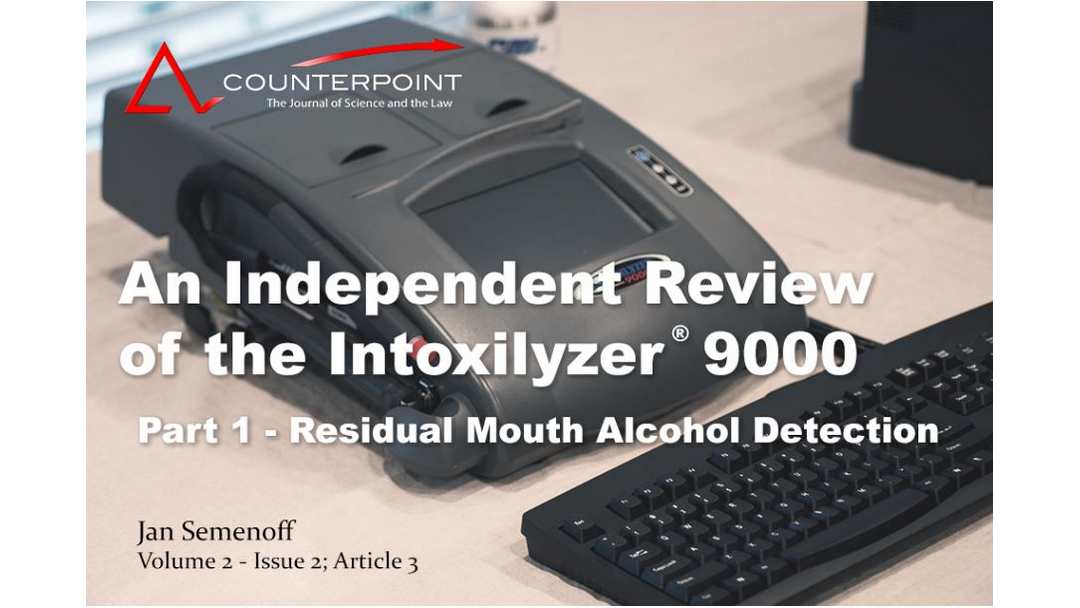





An Independent Review of the Intoxilyzer 9000
An Independent Review of the Intoxilyzer 9000 Part 1 - Residual mouth alcohol detection Counterpoint Volume 2; Issue 2 - Article 3 (August 2017) An article in the Core Skills III-2 Module Jan Semenoff, BA, EMAForensic CriminalistThe opportunity to conduct an...
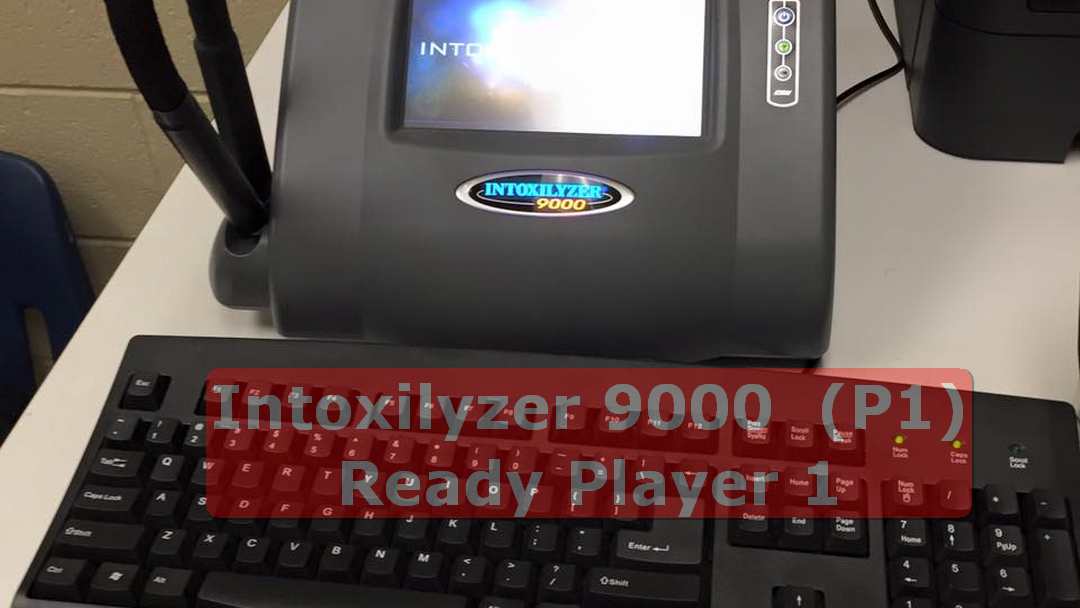





The Intoxilyzer 9000 (part 1)
The Intoxilyzer 9000 (part 1 of 2)Roll-Out The Michigan State Police (MSP) initiated Intoxilyzer 9000 (Intoxilyzer) training for police officers statewide, commencing in 2023. In order to participate, officers were required to complete both preliminary breath test...
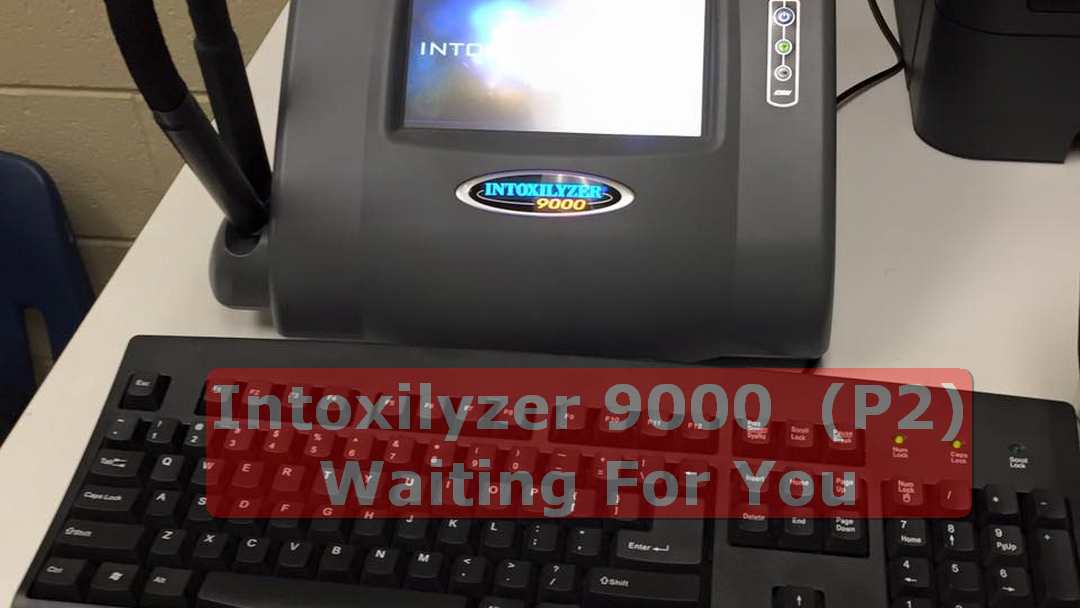





The Intoxilyzer 9000 (part 2)
The Intoxilyzer 9000 (part 2 of 2)Using it The Intoxilyzer is user-friendly and equipped with a built-in feature to alert officers of any potential issues. As a precautionary measure, officers are specifically advised to switch off their portable radios prior to...





